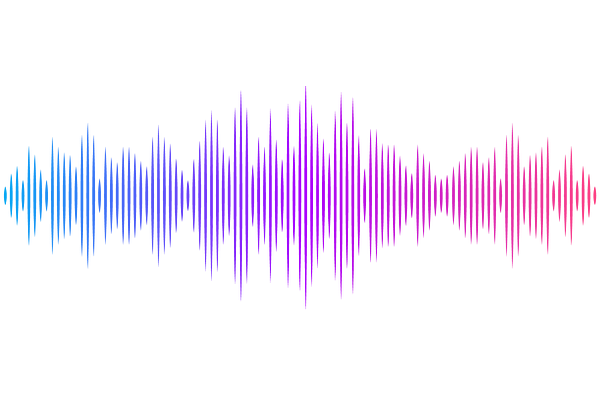Male gut microbiome mediates post-mating sexual selection in Drosophila

Male gut microbiome mediates post-mating sexual selection in Drosophila
Maggu, K.; Meena, A.; De Nardo, A. N.; Sbilordo, S. H.; Roy, J.; Lüpold, S.
AbstractIn polyandrous systems, male reproductive success is critically influenced by sperm competition, a process often mediated by ejaculate characteristics that are sensitive to male condition. While condition dependence is a cornerstone of sexual selection theory, the role of the gut microbiome in modulating male reproductive fitness under sperm competition remains unexplored. Here, we investigated the impact of varying gut microbial compositions on sperm competitive ability in Drosophila melanogaster. By inoculating germ-free (axenic) males with all 32 full-factorial combinations of five common commensal bacteria, we demonstrated that the presence and diversity of the gut microbiota significantly enhance male sperm offense ability. Specifically, males associated with a more diverse microbiota exhibited superior competitive fertilization success, accompanied by increased sperm transfer, higher sperm viability, and a greater proportion of sperm stored by females. Predictive models further revealed complex, non-additive interactions among bacterial species in their effects on sperm competitiveness. These findings suggest that the gut microbiome acts as a critical modulator of male reproductive fitness, challenging traditional models of sexual selection that overlook contributions of non-pathogenic bacteria to condition-dependent traits.